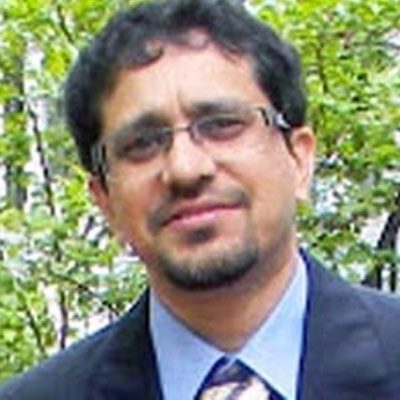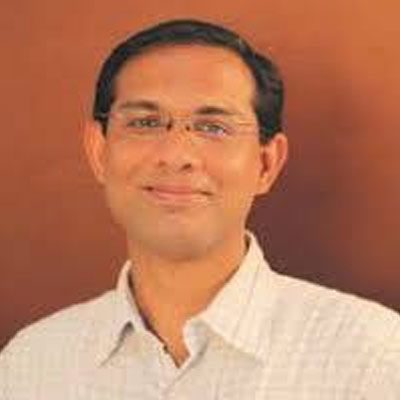
DATA AND GOVERNANCE
SESSION VIDEO
SESSION OUTLINE
The session focused on the transformative role of data to bring about positive societal outcomes. The panellists shared their experiences in exploring ways to use data as a tool to create value for improving programs and policies, driving economies, and empowering citizens.
Some of the key guiding questions for the discussion included the ways in which data can help to bridge the gap between the marginalized and the powerful. Data exchange is responsible for open innovation, but what are the strategies to encourage such exchange? The session also explored ways to foster collaboration and partnership among organizations to overcome their biases. The session also deliberated on the need and approaches to break data silos between stakeholders to contribute to better uptake of data.
Focusing on the critical nature of data for a growing society, it is imperative to be used in the evidence-based decision-making process. The pandemic exposed the power as well as challenges to use and reuse data to create equitable opportunities. The main challenge lies in the sourcing right kind of data and veracity. To ensure that the community uses the data, they should feel like they own the data. The use of technology and data innovation by various government institutions is a step in the right direction to make it the default mode of interaction among all the stakeholders.
PANEL

Deepali Khanna
Vice-President,
Asia Regional Office, The Rockefeller Foundation

Srijit Mishra
Professor, IGIDR

Swapnil Shekhar
Co-founder, Sambodhi Research & Communications Pvt. Ltd.
Senior Fellow, Development Intelligence Unit
SESSION TAKEAWAYS
ACTIONABLE DATA
The global pandemic has exposed the need to invest in Digital Public Infrastructure to gather real-time data to accelerate impact work and further improve it. Governments across the world are moving towards a data-centric model of governance. There is a felt need to improve the data infrastructure for seamless interaction of the citizens with the government institutions. To ensure this, data exchange should involve all the stakeholders in the value chain. It is important to work with the demand as well as supply-side to evolve such conversations.
CONNECTING THE DOTS
The collected data should be able to connect the 5Ps- people, places, public officials, political leaders and problems- which are opportunities to be leveraged. To expedite the process of data-driven development and decision making, local governments should be the focal point of engagement. To transform the human development of a city or a village, it should be looked at as living spaces, and not through a sectoral lens.
RESILIENT SYSTEMS - BEYOND NUMBERS
The statistical organisations are making efforts to build resilient statistical systems that are not vulnerable to shocks. Collaborations and partnerships among decentralised data producers ensure a coordinated effort towards vertical and horizontal integration. There is a concerted effort to move beyond numbers to generate knowledge. Information collected is used to tell stories, as it resonates with people.
"How do we respond to frequent and granular demands of data? Technology will help but coordinated efforts in a decentralized manner is the need of the hour."
- THOMAS DANIELEWITZ
"Governments across the world are moving towards a data-centric mode of governance to provide citizens with a seamless interaction with the government mechanisms."
- DEEPALI KHANNA
"This is data from people, by people and for them. We should make them feel like they are the owners of what is happening."
- SRIJIT MISHRA

